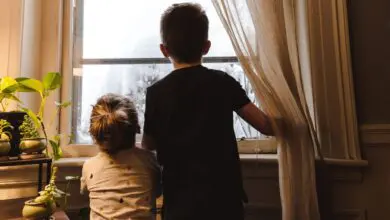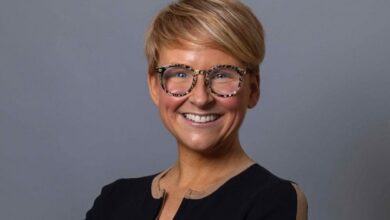Direct cremations to become a ‘preferred choice’
According to the findings from the Big Future of Funerals survey, a quarter of respondents said they believed funerals were 'a waste of money'

Direct cremations are quickly becoming the preferred choice for “final farewells” as the traditional funeral ceremonies become less popular.







